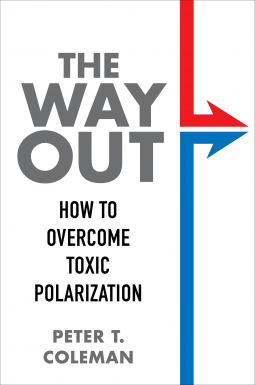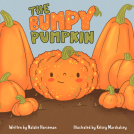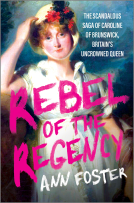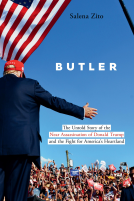
The Way Out
How to Overcome Toxic Polarization
by Peter T. Coleman
This title was previously available on NetGalley and is now archived.
Send NetGalley books directly to your Kindle or Kindle app
1
To read on a Kindle or Kindle app, please add kindle@netgalley.com as an approved email address to receive files in your Amazon account. Click here for step-by-step instructions.
2
Also find your Kindle email address within your Amazon account, and enter it here.
Pub Date Jun 01 2021 | Archive Date Sep 08 2021
Talking about this book? Use #TheWayOut #NetGalley. More hashtag tips!
Description
The Way Out offers an escape from this morass. The social psychologist Peter T. Coleman explores how conflict resolution and complexity science provide guidance for dealing with seemingly intractable political differences. Deploying the concept of attractors in dynamical systems, he explains why we are stuck in this rut as well as the unexpected ways that deeply rooted oppositions can and do change. Coleman meticulously details principles and practices for navigating and healing the difficult divides in our homes, workplaces, and communities, blending compelling personal accounts from his years of working on entrenched conflicts with lessons from leading-edge research. The Way Out is a vital and timely guide to breaking free from the cycle of mutual contempt in order to better our lives, relationships, and country.
Advance Praise
"In The Way Out, Peter Coleman tackles a critically important issue, a topic on everyone’s mind: the emergence of a unique brand of polarization, centered less on policy disputes than on tribal instincts. Not only do we disagree with the other side, but we are convinced that their views are dangerous and that they are a true threat to the nation. Coleman lays out a new perspective regarding the roots of this hyperpolarization in a lively, accessible way, and, most importantly, offers a detailed map out of the quagmire. "
--Daniel M. Shea, author of Why Vote?: Essential Questions About the Future of Elections in America
Available Editions
| EDITION | Other Format |
| ISBN | 9780231197403 |
| PRICE | $34.95 (USD) |
Average rating from 5 members
Featured Reviews
Super interesting, especially with the way things are right now and as someone who works in policy. It was really well-written and thought provoking.
The formatting is terrible! Footnotes are randomly on other pages and half of the letters in words are missing making it unreadable at times 😬 hopefully this isn’t an issue for the final ebook version.
I liked the beginning of the book but around the halfway point it became more focused on theory/recapping theories than actual solutions. A really dry presentation of his findings that couldn’t hold much of my attention.
Uses theories of mathematics and astrophysics to explain some points of his arguments which for me in unhelpful as I’m not a science/numbers person. If you like lots of info presentations that utilize numbers, graphs, and physics then you may like this more than I did. I was more interested in the psychology aspect than the mathematics info.
I can’t remember half of what I’ve read and think it desperately needed more information/speculation on how we can apply the theories to lessen our current climate of polarization.
Would recommend to those who enjoy analysis but not for “casual” nonfiction readers. His points are important to fixing our problems but the execution could’ve been better.
Readers who liked this book also liked:
Harold Earls, IV; Rachel Earls
Biographies & Memoirs, Parenting, Families, Relationships
Andrew Katz; Juliana Léveillé-Trudel;
Children's Fiction
Vanessa Bergeron; ; Vanessa Bergeron
Children's Fiction
Marie Bostwick
Historical Fiction, Literary Fiction, Women's Fiction


















